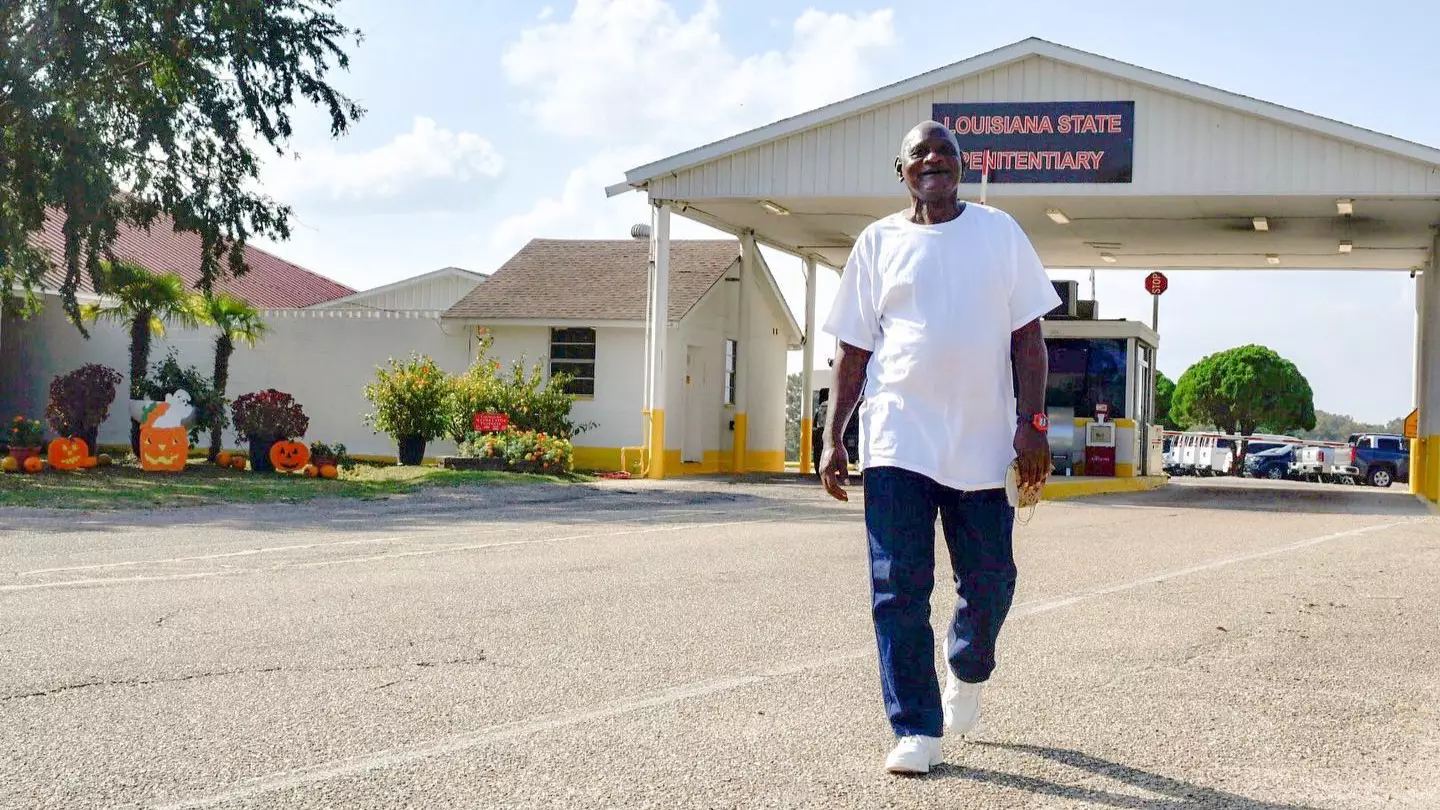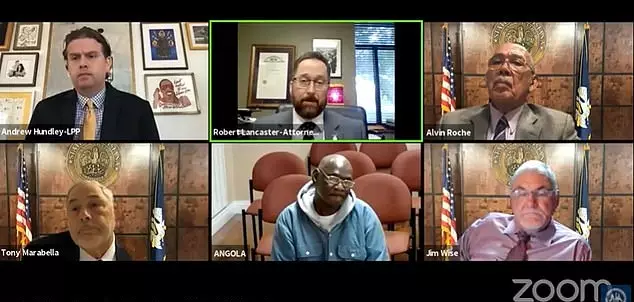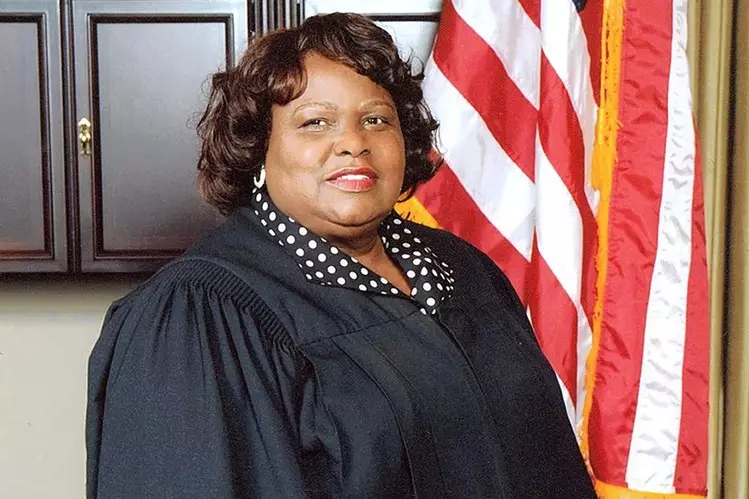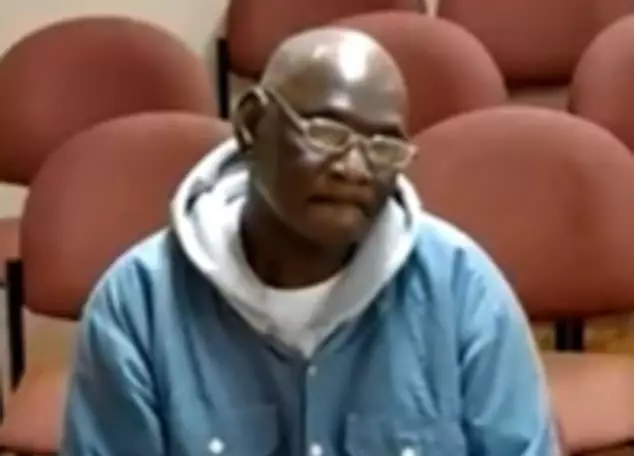
A black man who was jailed for life in 1997 for stealing garden equipment has been released from prison just two months after the Louisiana Supreme Court rejected his appeal.
Fair Wayne Bryant has spent the last 23 years in prison after he stole a set of hedge clippers, but this Thursday (15 October) the Committee on Parole voted unanimously to release the 63-year-old, a matter of months after his appeal was denied.
Bryant was convicted under the state's habitual offender law at the time because he had four prior convictions, all for theft.
He has now successfully appealed his conviction and will be released.

The initial appeal saw Bryant's case defeated by a margin of five to one. The panel - made up of five white men and one black woman - upheld the conviction.
However, Bryant's case shot to the public attention because of the words of the one dissenter, Chief Justice Bernette Johnson, who called Bryant's incarceration a 'modern manifestation' of the Jim Crow era laws of the American south.
Johnson also pointed out that Bryant's prison sentence had already cost the taxpayer more than half a million dollars.
She wrote: "Arrested at 38, Mr Bryant has already spent nearly 23 years in prison and is now over 60 years old.
"If he lives another 20 years, Louisiana taxpayers will have paid almost one million dollars to punish Mr Bryant for his failed effort to steal a set of hedge clippers.
"Such petty theft is frequently driven by the ravages of poverty or addiction, and often both.
"It is cruel and unusual to impose a sentence of life in prison at hard labor for the criminal behavior which is most often caused by poverty or addiction."

Alanah Odoms, the head of the American Civil Liberties Union of Louisiana, said the board's decision was 'long overdue'.
She added: "Now it is imperative that the Legislature repeal the habitual offender law that allows for these unfair sentences, and for district attorneys across the state to immediately stop seeking extreme penalties for minor offenses."
For his part, Bryant said: "I had a drug problem.
"But I've had 24 years to recognise that problem and to be in constant communication with the Lord to help me with that problem."
During his time inside, Bryant has attended prison drug and anger management programmes and has no recent disciplinary problems.
As part of the conditions of his release, he must attend Alcoholics Anonymous meetings, will observe a 9pm to 6am curfew and will perform community service.

He'll also enter a program in Baton Rouge with the Louisiana Parole Project, before living with his brother.
The Louisiana Parole Project's Andrew Hundley said: "He has a support system that he's never had."
His initial conviction was for burglary in a carport at a home in Shreveport. However, he had 22 arrests and 11 convictions on his record, which meant that he was handed an incredibly strong sentence.
Featured Image Credit: Louisiana Parole Project